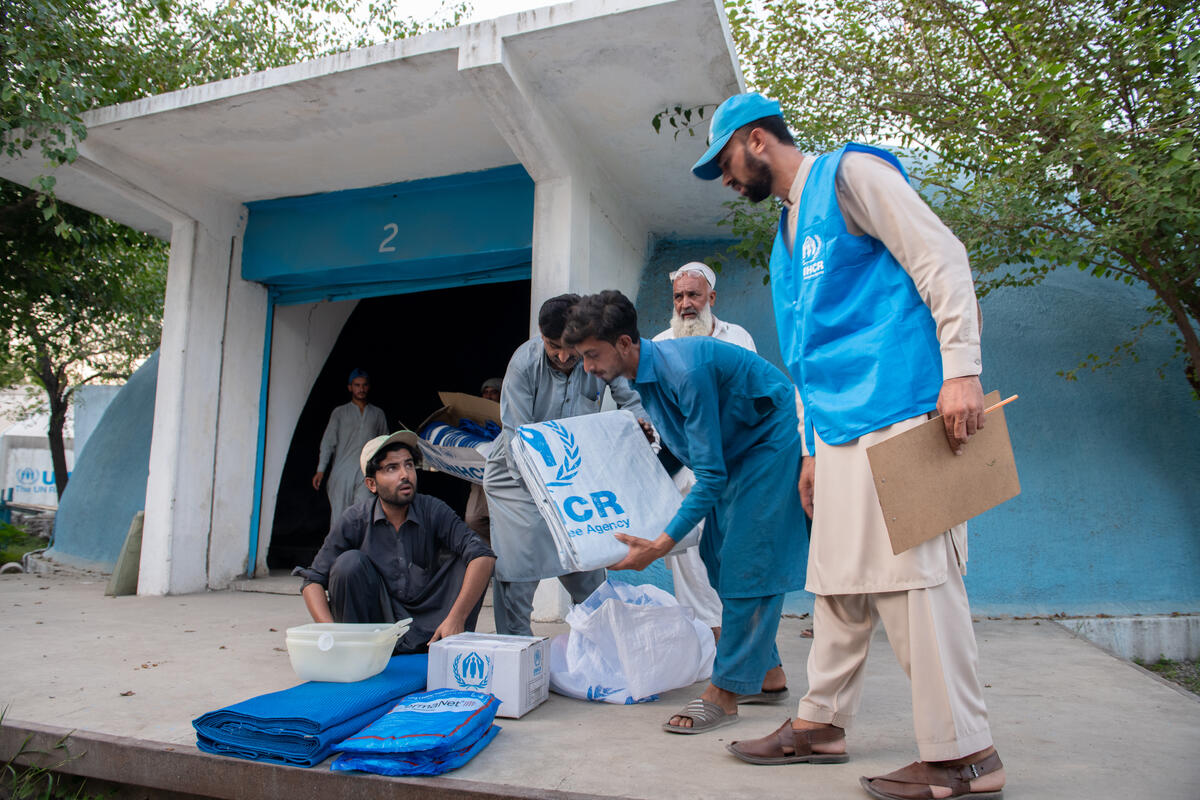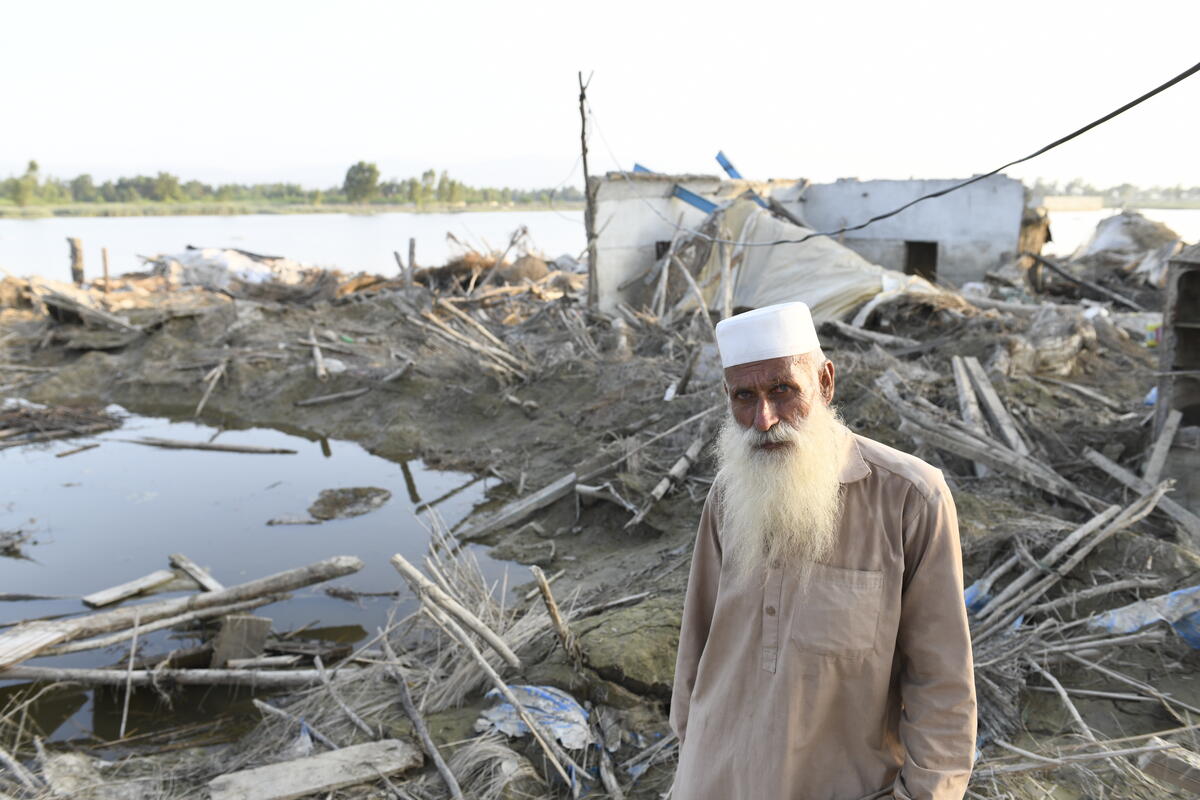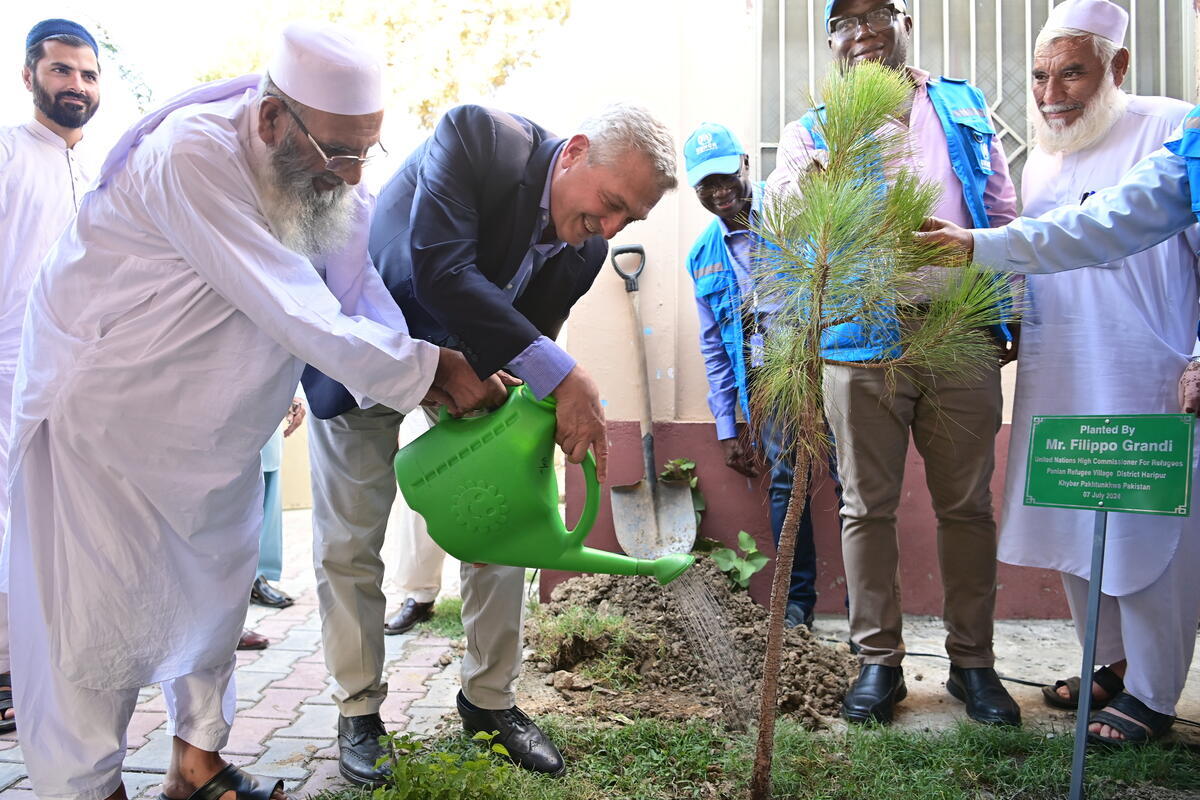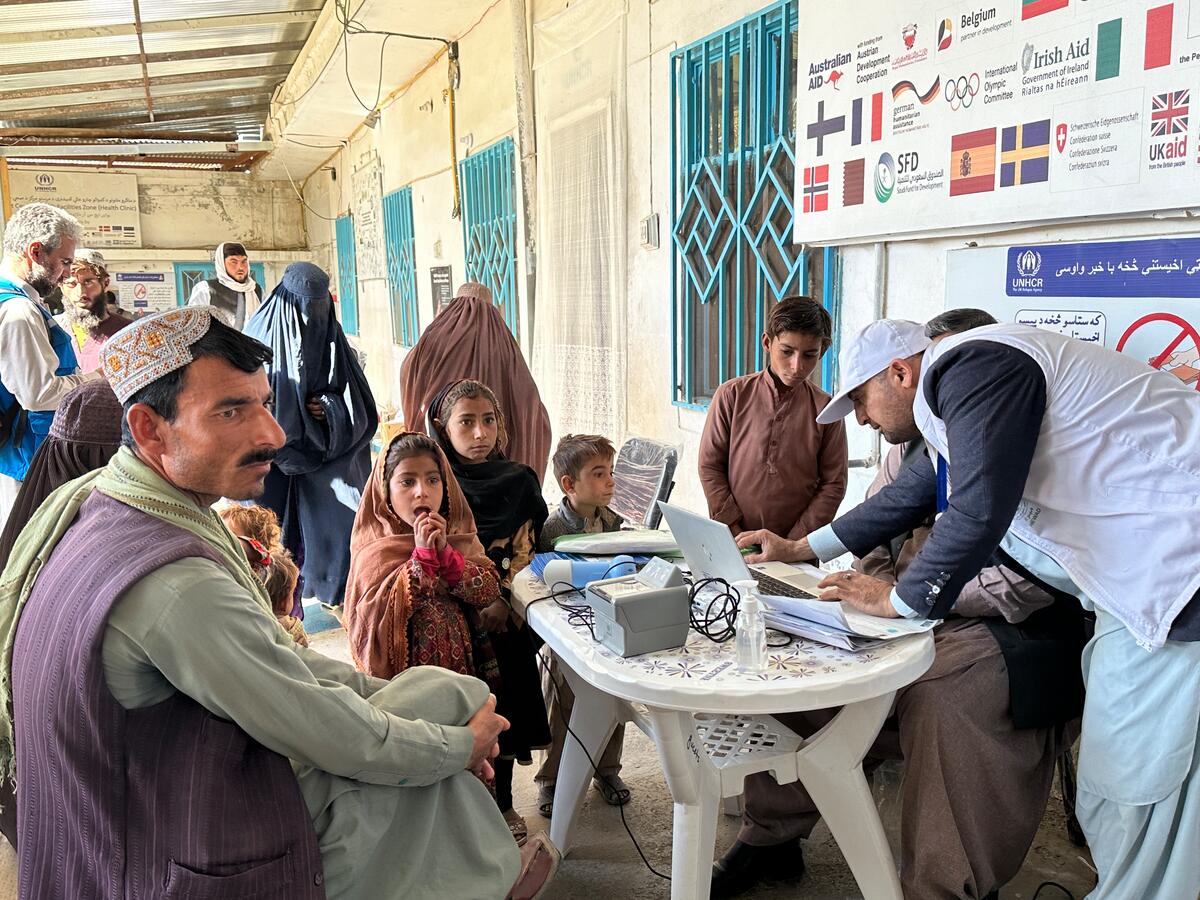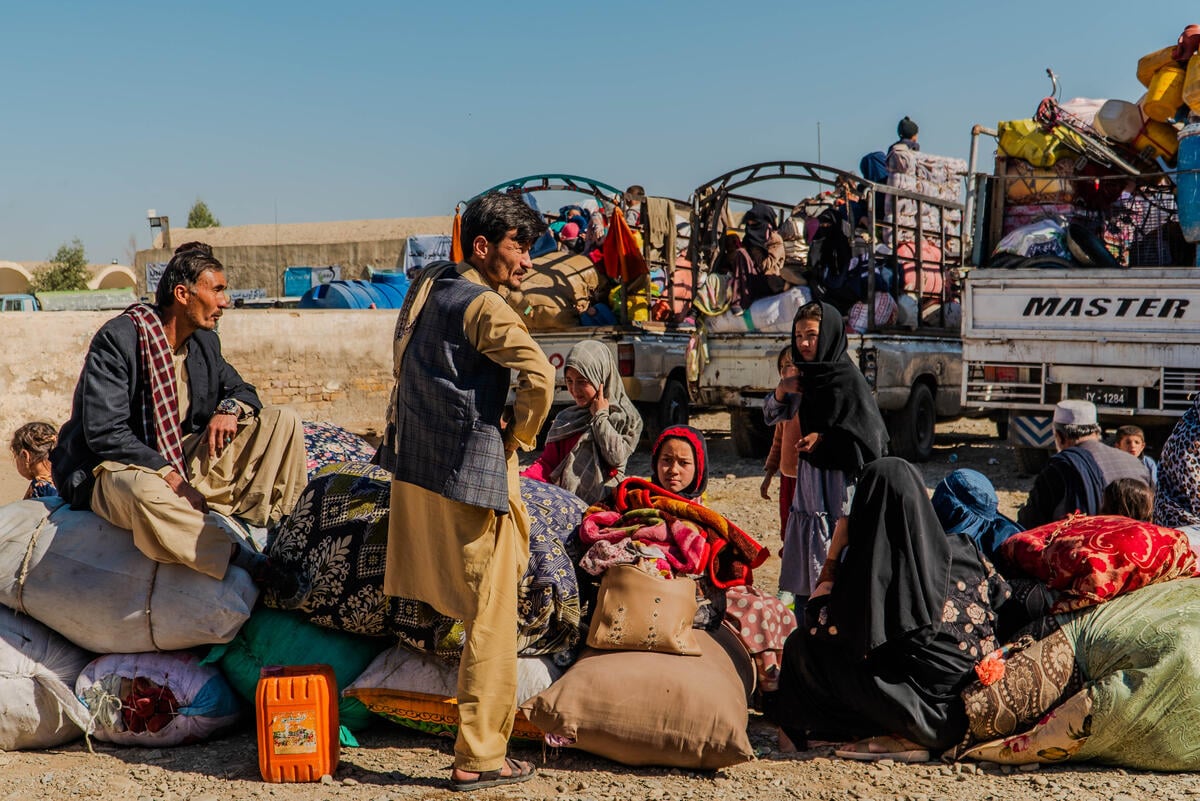Fresh military manoeuvres in northern Pakistan displace 25,000 people
Fresh military manoeuvres in northern Pakistan displace 25,000 people

ISLAMABAD, Pakistan, February 4 (UNHCR) - Military operations against insurgents in north-west Pakistan's Mohmand agency have displaced some 25,000 people over the past week. The UN refugee agency believes that this figure could reach 90,000 by the end of the month if the fighting intensifies.
UNHCR has established two new camps, mainly to accommodate people who have been fleeing the Sagi and Dawezai areas of Mohmand agency since the military operations intensified on January 27. Many of those arriving at the camps have little more than the clothes on their backs - winter clothes and shelter are urgently required.
The two camps are the first to be established by UNHCR for conflict-displaced Pakistanis within the tribal areas of the north-west since military operations against insurgents began in 2008. In previous waves of conflict people fled to settled areas of Khyber Pakhtunkhwa province, seeking refuge in and around the city of Peshawar.
UNHCR has also deployed engineers, field and protection staff to Ghalanai, the administrative capital of Mohmand agency, and helped authorities to set up camps at Nahqi and Danish Kol to the north and north-east of Ghalanai. Each registered family receives a tent and other relief supplies (typically, sleeping mats, blankets and kitchen utensils, and warm clothes for children).
People are also receiving hot meals and UNHCR is in discussion with the World Food Programme regarding the provision of food rations.
While UNHCR has set up the camps within Mohmand agency, it is also advocating that displaced people be allowed to move further afield to stay with relatives and friends in Peshawar or other settled areas.
"We are urging authorities to ensure displaced people have freedom of movement and we have deployed staff to monitor the situation," said Mengesha Kebede, UNHCR's Representative in Pakistan.
UNHCR is also concerned at reports from people arriving at the camps that some young and middle-aged men have had difficulty leaving the conflict zone. The refugee agency urged the authorities to ensure that any screening activities to identify militants do not prevent civilians from leaving the area for safety.
Successive waves of conflict in Pakistan's tribal areas mean that today there are around 1 million people displaced, including almost 140,000 people from Mohmand agency. Of these, most live among host communities in Khyber Pakhtunkhwa. Some 147,000 live in three camps in the province with most (138,000) at the Jalozai camp in Nowshera district.
Since last September around 8,500 people have returned to South Waziristan, while some 162,000 people have returned to Orakzai agency since the start of 2010.
By Ariane Rummery in Islamabad, Pakistan



